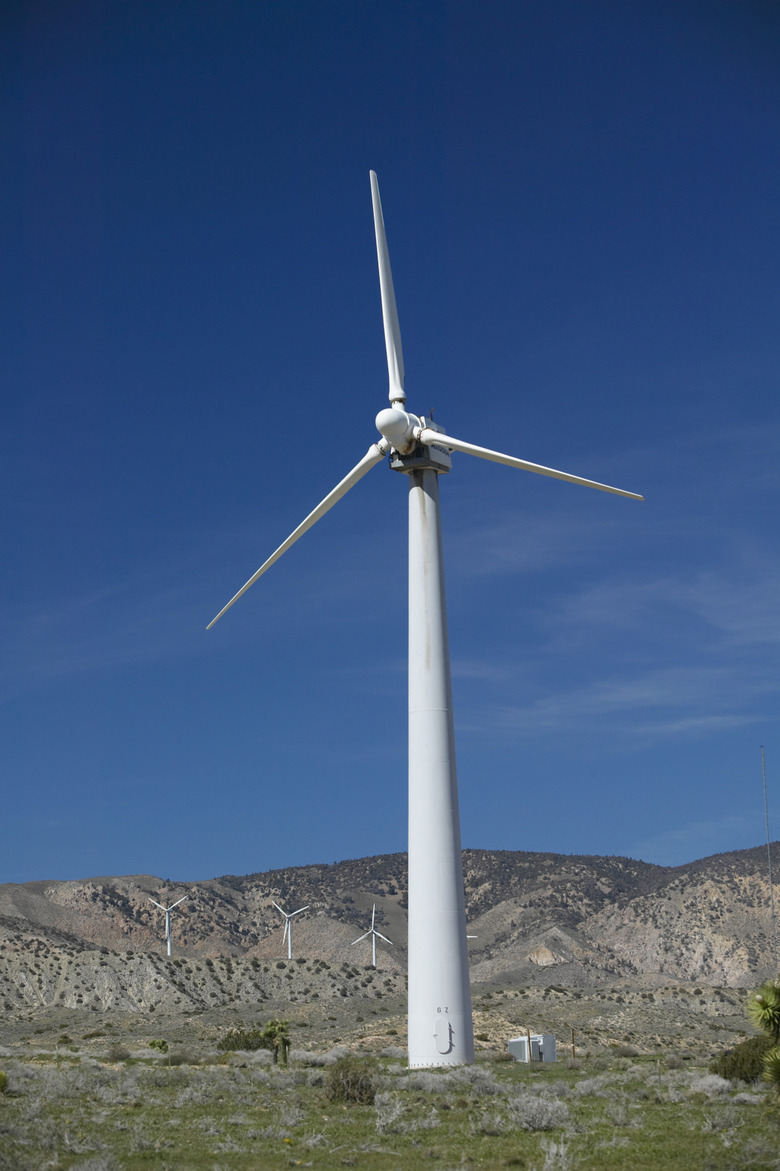The Mechanical Properties Of JIS SCM 420H Steel
Steels are ferrous alloys that contain iron, carbon and other trace elements. SCM 420H steel is an alloy containing chromium and molybdenum. Its symbol is SCM and its specifications comply with Japanese Industrial Standards (JIS) that govern all industrial activities in Japan. The American Iron and Steel Institute (AISI), the United States' equivalent to the JIS, has not graded this steel type. But the Society of Automotive Engineers (SAE) grades it as SAE 4130. Its British Standards (BS) equivalent grade is 708H20. All steels have different strengths and mechanical properties depending on the heat treatment used during their production.
Chemical Composition
Chemical Composition
SCM 420H steel has 0.17 to 0.23 percent carbon, making it a medium carbon, structural steel. Its chromium content ranges from 0.85 to 1.25 percent by weight. Its molybdenum content is 0.15 to 0.30 percent by weight. The alloy contains trace amounts of phosphorous, silicon, manganese, sulfur and copper.
Carbon Content
Carbon Content
The flexibility of steel depends on its carbon content. Low carbon steels are those with less than 0.15 percent carbon content. They are flexible for pressing into sheets and drawing into wire, but they are not strong steels. High-carbon steels contain 0.5 to 1.5 percent by weight of carbon and are used for casting and machining. These two steel types are nonstructural steels. Medium-carbon steels, known as structural steels, contain 0.12 to 0.24 percent by weight of carbon and are used for all structural activities.
Hardness
Hardness
Hardness is the resistance of a metal to deformation, scratching and bending. A hardness test applies a weight to the surface and measures the resulting indentation. The hardness of a steel increases with carbon content. The addition of chromium to the alloy can increase steel hardness. Medium-carbon steel like SCM 420H requires further hardening by surface heat treatment prior to industrial applications such as gear manufacture.
Tensile Strength
Tensile Strength
Steel's tensile strength is a measure of how much it can stretch without breaking. A tensile machine holds a piece of steel between two jaws and applies a stretching force. High-carbon steels have a high tensile strength. This material property increases as a material's hardness increases. The molybdenum in SCM420H increases the tensile strength of the steel enabling its use in turbine rotor blade manufacture.
Yield Strength
Yield Strength
The amount of stress steel can withstand without a permanent deformation is its yield strength. The silicon and phosphorous content, as well as chromium and molybdenum, in SCM420H steel increases it yield strength and makes it suitable for bearing structures.
Cite This Article
MLA
Kielmas, Maria. "The Mechanical Properties Of JIS SCM 420H Steel" sciencing.com, https://www.sciencing.com/info-12025349-mechanical-properties-jis-scm-420h-steel/. 9 January 2018.
APA
Kielmas, Maria. (2018, January 9). The Mechanical Properties Of JIS SCM 420H Steel. sciencing.com. Retrieved from https://www.sciencing.com/info-12025349-mechanical-properties-jis-scm-420h-steel/
Chicago
Kielmas, Maria. The Mechanical Properties Of JIS SCM 420H Steel last modified March 24, 2022. https://www.sciencing.com/info-12025349-mechanical-properties-jis-scm-420h-steel/
